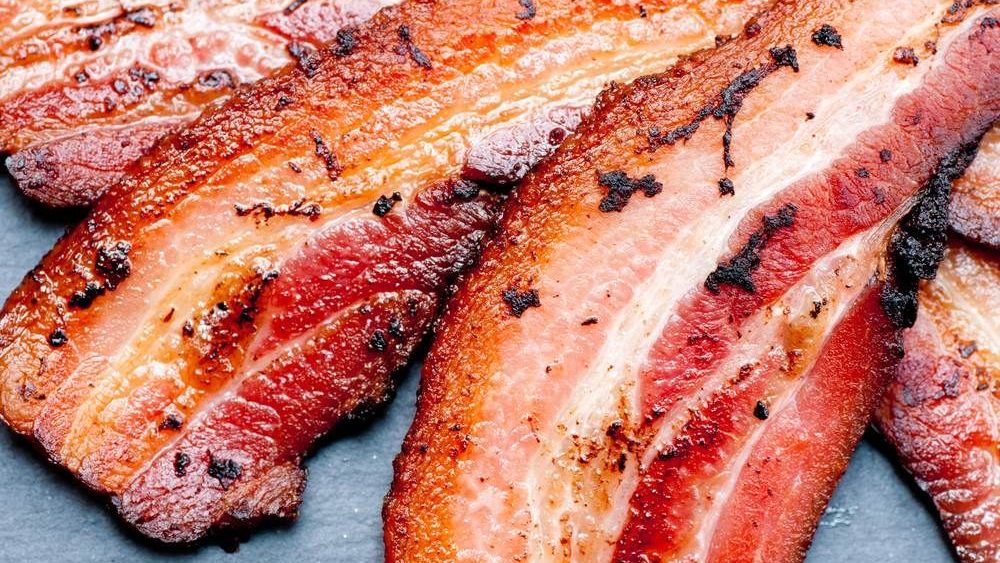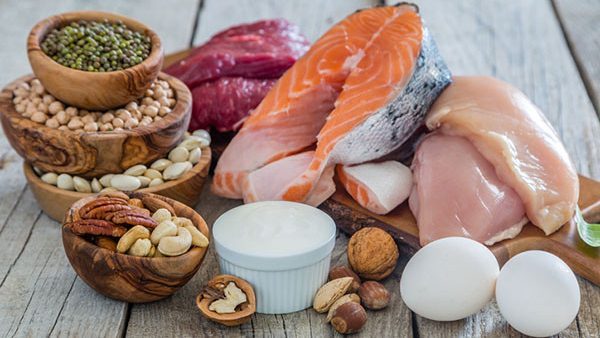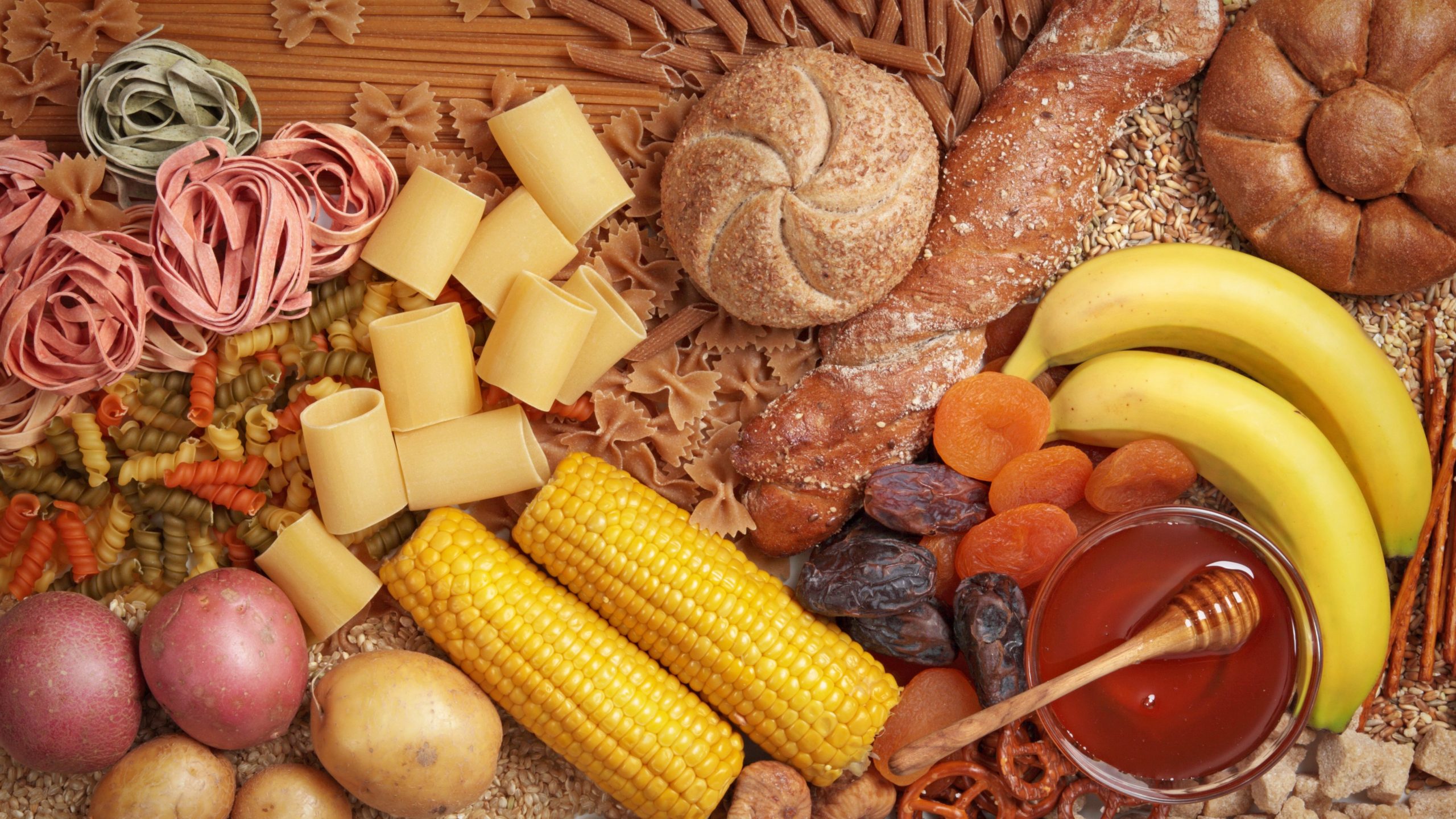
In our fast-paced lives, dinner is often the last opportunity to make mindful food choices for the day. What you eat in the evening can significantly impact your sleep, digestion, and overall well-being. Here’s a closer look at seven types of foods you might want to avoid during dinner to promote a healthier lifestyle.
1. Deep-Fried Foods
Indulging in deep-fried delights might be tempting, but these foods are often high in unhealthy trans fats. Opting for deep-fried dishes in the evening can lead to indigestion and disrupt your sleep as your body works overtime to process the heavy, greasy meal.

2. High-Fat Foods
While healthy fats are essential for a balanced diet, loading up on high-fat foods during dinner can be counterproductive. Heavy fat consumption in the evening may contribute to weight gain and disturb your sleep. Choose leaner protein sources and incorporate good fats like avocados or olive oil in moderation.

3. Starchy Foods
Starchy foods like white bread, pasta, and rice can cause a rapid spike in blood sugar levels. Consuming these in the evening may lead to fluctuations in energy levels and can contribute to weight gain over time. Opt for whole grains and complex carbohydrates for a more sustained release of energy.

4. Spicy Food
While adding a kick to your meals is enjoyable, spicy foods before bedtime can spell trouble. Spices can lead to acid reflux and disrupt your sleep patterns. If you love bold flavors, try to enjoy spicy dishes earlier in the day to allow your body ample time to digest.

5. High-Protein Food
While protein is crucial for muscle repair and overall health, consuming high-protein meals close to bedtime can be challenging for your digestive system. Consider lighter protein options like fish or poultry and try to have your protein-rich meals earlier in the evening.

6. Carbohydrates
Carbohydrates, especially refined ones, can cause a rapid increase in blood sugar levels. This can lead to a spike in insulin, potentially disrupting your sleep. Opt for complex carbohydrates from sources like vegetables, legumes, and whole grains to provide a more stable source of energy.

7. Sweets
Indulging in sugary treats close to bedtime can lead to a quick energy boost followed by a crash. This rollercoaster effect can interfere with your sleep quality. If you have a sweet tooth, consider satisfying your cravings earlier in the day and choose healthier dessert alternatives.

In conclusion, making mindful choices about what you eat for dinner can have a profound impact on your overall health and well-being. By avoiding deep-fried foods, high-fat options, starchy dishes, spicy meals, high-protein foods, excessive carbohydrates, and sweets in the evening, you can set the stage for a restful night’s sleep and wake up feeling refreshed.
Remember, moderation is key, and making small adjustments to your dinner choices can lead to significant improvements in your overall health.






GIPHY App Key not set. Please check settings